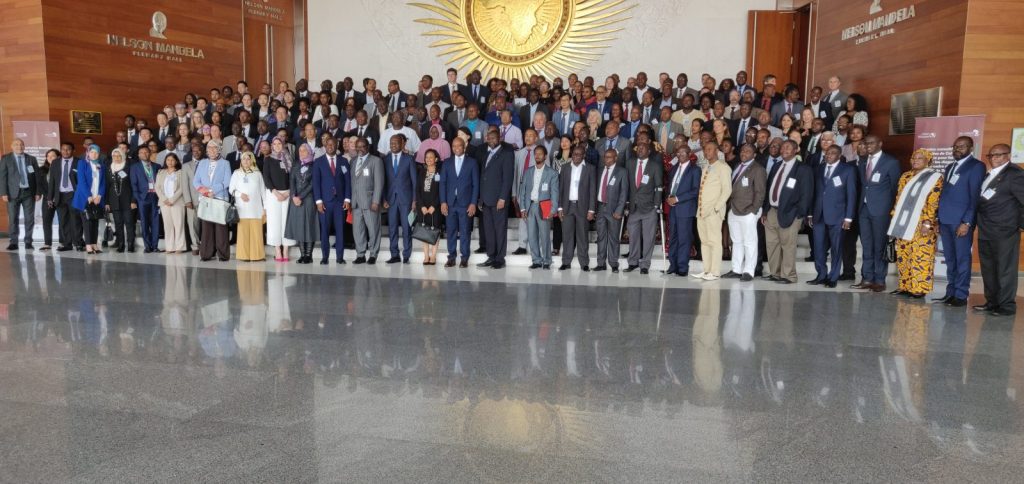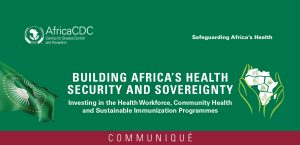The Africa HIV Viral Load Movement was launched in Addis Ababa, Ethiopia, on 24 September 2019, in the presence of over 200 participants in the first consultative meeting of the Africa Collaborative to Advance Diagnostics (AFCAD).
Launching the movement, the Director for Social Affairs, African Union Commission, Madam Cisse Mariama Mohamed said: “Access to antiretroviral therapy is a key strategy for HIV epidemic control, and viral load monitoring is an objective measure of the success of HIV treatment programmes. Therefore, I hereby launch the Africa HIV Viral Load Movement and reiterate that the African Union Commission is committed to its implementation.”
The Africa HIV Viral Load Movement aims to support Member States in their effort to rapidly scale up access to, and uptake of, HIV viral load testing at all levels of the health care delivery system, while contributing to the achievement of the 2030 HIV treatment Fast-Track Targets.
“The Africa HIV Viral Load Movement is to facilitate the implementation of commitments made by African Union Heads of State and Government during the launch of the ADIS Watch Africa to end AIDS, TB and eliminate malaria” said Dr John Nkengasong, Director, Africa CDC.
In her remarks at the launch, Tsigereda Kifle from the Ethiopia Federal HIV Prevention and Control Office, said: “Access to HIV diagnostics is pivotal. We should continue to design and implement innovative strategies that will ensure sustainable access to important HIV diagnostics and medicines. We should continue to share experiences and advocate for lower pricing of diagnostics and other important supplies. Doing so will help us attain the vision of ending AIDS by 2030 and seeing an Africa where HIV is no longer a public health problem.”
The Movement has five broad operational components: (1) Domestic financing and resource mobilization to accelerate scale-up of viral load; (2) Facilitating strategic partnerships with all stakeholders including the civil society, policymakers, donors, and the private sector; (3) Promoting the use of innovative approaches, including, but not limited to, integrated technology such as point of care, optimized diagnostic networks, and workforce development targeted at increasing viral load; (4) Strengthening monitoring of programmes and quality improvements by national regulatory authorities to increase the ability to uptake viral load; and (5) Increasing engagement with the civil societies to support a virile viral load demand.
The Movement’s declaration, which contains specific requests to the donors, manufacturers and development partners, will be finalized and published within the next one month. AFCAD is an initiative launched in 2018 by Africa CDC and partners to provide a unique platform for promoting and advocating for increased access to, and manufacturing of, diagnostics in Africa.






